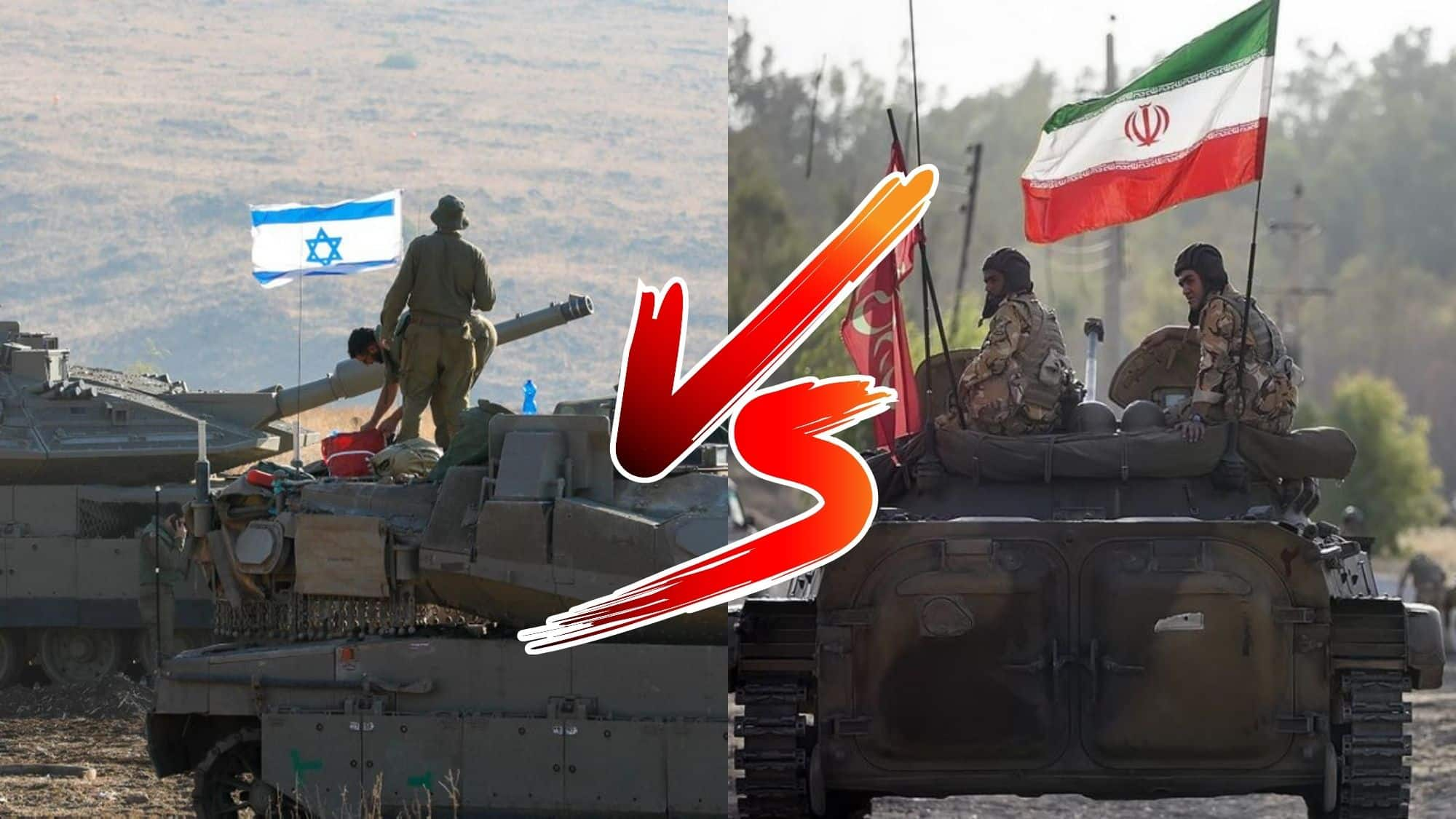Introduction
The geopolitical landscape of the Middle East has become increasingly volatile, particularly with the recent military exchanges between Iran and Israel. On October 1, 2024, Iran launched its largest missile assault on Israel, firing an astonishing 180 ballistic missiles. The overwhelming majority of these missiles were successfully intercepted due to the combined efforts of Israeli, US, and Jordanian anti-missile defense systems. This escalation in military hostilities follows an earlier confrontation in April, resulting in heightened tensions and a grim warning from Israel regarding Iran’s aggressive posture.
Military Power Comparison: Israel vs Iran
Understanding the military capabilities of both Israel and Iran is essential to grasping the seriousness of the ongoing conflict. Below is a detailed comparison of their armed forces, aerial capabilities, ground forces, and naval power.
Active Military Personnel
| Country | Active Soldiers | Reserve Soldiers | Paramilitary Personnel |
|---|---|---|---|
| Israel | 170,000 | 465,000 | 35,000 |
| Iran | 610,000 | 350,000 | 220,000 |
Aerial Capabilities
| Country | Total Aircraft | Fighter Jets | Helicopters | Attack Helicopters | Special-Mission Aircraft |
|---|---|---|---|---|---|
| Israel | 612 | 241 | 146 | 48 | 23 |
| Iran | 551 | 186 | 129 | 13 | N/A |
Ground Forces
| Country | Tanks | Armored Vehicles | Self-Propelled Artillery | Rocket Artillery Systems |
|---|---|---|---|---|
| Israel | 1,370 | 43,407 | 650 | 150 |
| Iran | 1,996 | 65,765 | N/A | 775 |
Naval Power
| Country | Frigates | Submarines | Corvettes | Patrol Vessels | Mine Warfare Vessels |
|---|---|---|---|---|---|
| Israel | 0 | 5 | 7 | 45 | N/A |
| Iran | 7 | 3 | N/A | 19 | 1 |
Recent Developments
In response to Iran’s recent missile barrage, Israeli Prime Minister Benjamin Netanyahu condemned the act, stating that Iran had “made a significant mistake” which would lead to dire consequences. The Iranian Revolutionary Guards have declared that this missile strike was retaliation for prior Israeli actions that resulted in the death of Hezbollah leader Hassan Nasrallah, thus escalating the conflict further.
The United Nations has urgently called for a ceasefire, recognizing the potential for broader unrest across the Middle East due to these heightened hostilities. The repercussions of this conflict could lead to significant shifts in the geopolitical landscape, affecting nations far beyond Israel and Iran.












